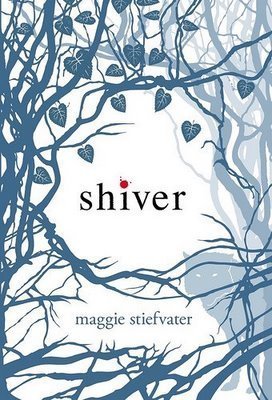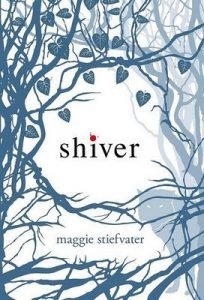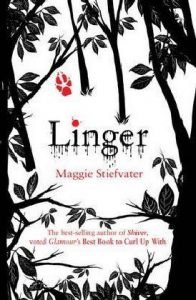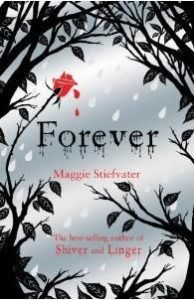When a tree leans, it will rest on its sister.
Synopsis:
Fifteen-year-old NAWRA from Darfur lives in a camp for refugees displaced by the Janjaweed’s trail of murder and destruction. She can’t read or write but when an organization called “Save the Girls” pairs her with a girl in the states, she gets her best friend to be her scribe her thoughts and experiences.
K.C., an American teen in Virginia hates reading and writing. But when she receives letters from Nawra she is forced to look beyond her own struggles.
Through the letters the girls form a bond that bridges two continents. Both girls find that strength is found in numbers and together they can fight for a brighter future.
Pros:
- informative book about the atrocities of Darfur
- Nawra and her experience in Darfur are very relatable
- addresses issues of learning issues and how it doesn’t mean a person isn’t intelligent just because they don’t learn like everyone else.
Cons:
- I found the character of K.C. was written a little stilted (stereotypical teenager)
- there is rape in the book however the author doesn’t dwell on the details of it.
Conclusion:
I was instantly attracted by the cover and the saying on the front cover of this book. It is a book full of rich details about Darfur. It did keep my turning the page although I often found K.C. to be not as full of a character compared to Nawra. If you have teens who want to know more about world affairs and how they can help this is a great book.
Discussion Questions:
There are reading group questions inside. 🙂








 yesteryear’s childhood. Elizabeth Enright created a family of four siblings who live an “ordinary” life in New York City, yet their minor escapades become “special” adventures. Set in 1941 before America entered World War II, the Melendy children are a little bored. They decide to pool their allowances so each can afford a solo adventure in the City on Saturday afternoons.
yesteryear’s childhood. Elizabeth Enright created a family of four siblings who live an “ordinary” life in New York City, yet their minor escapades become “special” adventures. Set in 1941 before America entered World War II, the Melendy children are a little bored. They decide to pool their allowances so each can afford a solo adventure in the City on Saturday afternoons.




